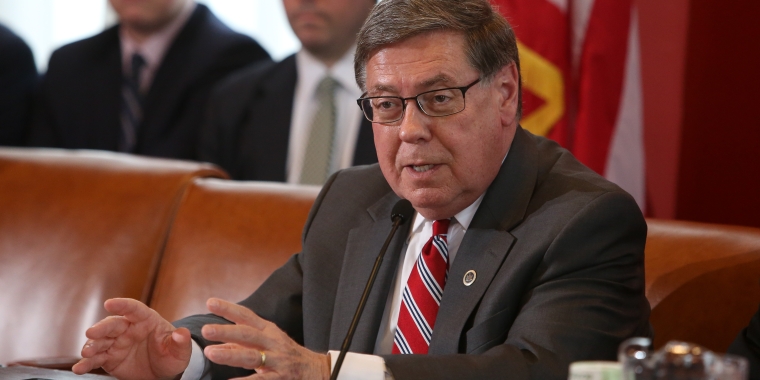
Paying Back Our Troops
James L. Seward
February 12, 2009
The cost of a college education is high. Every day college students and their parents wrestle with tuition bills, the cost of books and room and board. Studies show that the expense is worth it.
Over time college graduates, on average, earn more than high school graduates. According to the Census Bureau, over an adult's working life, high school graduates earn an average of $1.2 million, associate's degree holders earn about $1.6 million, and bachelor's degree holders earn about $2.1 million.
For this reason, and many others, many families are willing to make the financial sacrifices it takes to pay for a college education. In more and more instances, adults are going back to school to learn new job skills or embark on masters’ degrees. These are all prime examples of individuals looking for a leg up in an extremely competitive job market.
Many students are “working their way through college” by taking on a part time job, or serving their country in the National Guard or other reserve component of the armed forces. These individuals are a special breed. They are ready to protect our freedoms and we need to make sure that while they are watching out for our way of life, they are protected as well.
That is why I am sponsoring legislation that would help ensure the financial future of members of the reserves called away from college to active duty. Simply put, this measure would protect those who protect us.
One provision helps college students when they finish school and get set to start their next phase of life. In order to give them some breathing room, they are granted a six month “grace period” before they are required to start paying back their college loans. This allows these individuals to find employment and get on their feet so they can make their loan payments. But when a member of New York’s military reserve components is called to active duty, he or she is normally forced to withdraw from college or vocational school. This withdrawal starts the “grace period” clock for his or her student loan lending institutions. These brave men and women who are sacrificing so much already lose the six month “grace period” granted to them by law as a result.
Once these troops return from their military obligations and finish their education they discover that they must immediately begin to repay their student loans because their “grace period” was exhausted while they answered the nation’s call. This bill corrects an oversight and guarantees that the men and women who give up their time to protect us all and are forced to delay their graduation, entry into the workforce and future earnings, are treated equally to their classmates who remain in school and finish on time.
One other bill I am strongly supporting would waive the initial fee charged to Purple Heart recipients age 62 or older who wish to obtain a distinctive Purple Heart license plate.
The Purple Heart medal is a decoration that embodies the special sacrifice which has been made by our men and women who have been wounded or killed in action in the service of their country. The individuals who wear the Purple Heart have earned the right to obtain privileges for their sacrifice.
The legislation I am sponsoring seeks to further acknowledge this sacrifice by exempting Purple Heart recipients from having to pay the standard initial costs associated with ordering the New York state license plate emblazoned with the Purple Heart insignia.
I know we are in tough budget times, but I am certain the $15 per application can be waived for individuals who have given so much in defending our way of life. The state cashing in on what is a source of pride for these men and women is no way to show our respect and gratitude for their sacrifices.
#####
Share this Article or Press Release
Newsroom
Go to NewsroomStatement on 2018-19 State Budget
March 30, 2018

Seward Calls for Study of Link Between Lyme & Mental Health
March 29, 2018

Seward Holds Key Role in State Budget Negotiations
March 15, 2018

